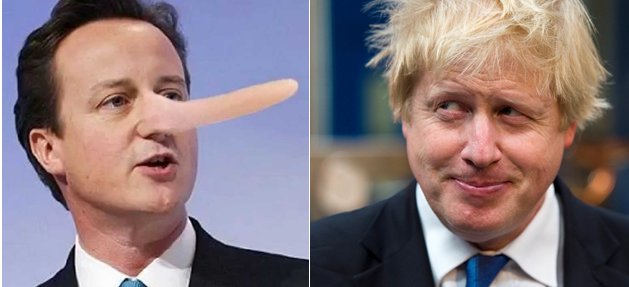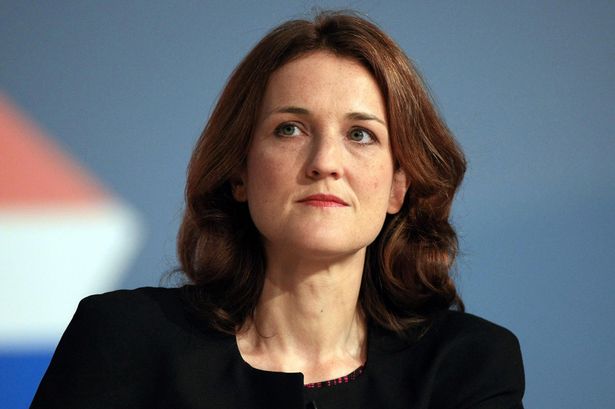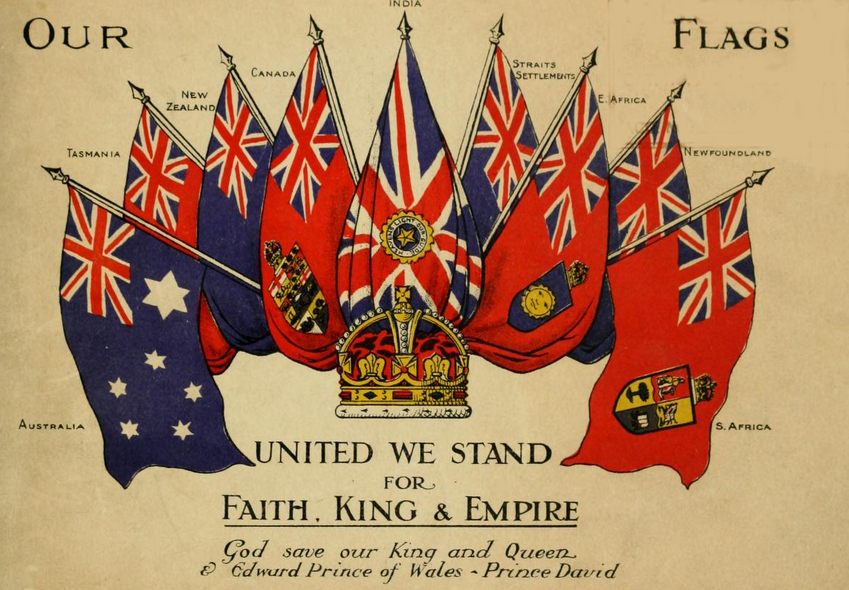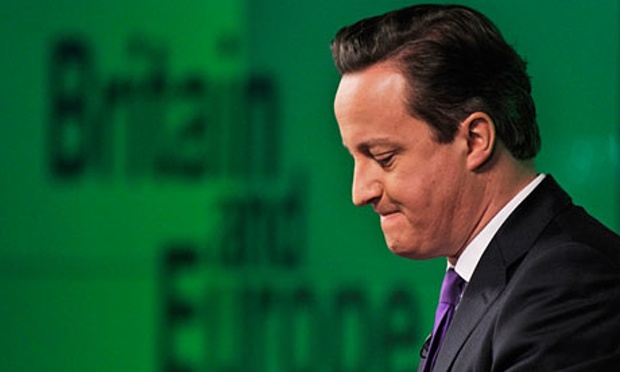“There isn’t another government just around the corner, to be frank. Teaching unions have a choice – spend the next four years doing battle with us and doing down the profession they represent in the process, or stepping up, seizing the opportunities and promise offered by the white paper and helping us to shape the future of the education system.” So said Education Secretary Nicky Morgan at a teachers’ union conference at the weekend.

Doesn’t that opening sentence sound rather threatening? It certainly isn’t the words of a government minister open to debate and consultation with the professionals in teaching. It’s just the latest in a long line of statements reflecting an increasingly authoritarian attitude towards the voting public.
The United Kingdom is self-evidently not a fascist dictatorship. The lessons of history and of comparison with some pretty nasty governments around the world clearly confirm that. And yet, and yet… I get increasingly concerned that, step by step, we are sliding slowly away from the wider principles of a liberal democracy. By “wider principles” I mean all those other ways, apart from a cross on a ballot paper every four or five years, which make us “civilized” and “free”.
Here are some other examples of my concern.
Arbitrary Detention
In many ways, New Labour started it, after Tony Blair became George W Bush’s poodle after 9/11. I’m thinking in particular of the near miss we had over 42 day detention for “terror suspects”. Britain never went to such lengths during the height of the IRA “troubles” in the 1970s and 80s. A sense of proportion is needed also. The number of us killed by acts of “terror” is minute compared with, say, the 40,000 premature deaths each year due to illegal levels of air pollution. Barak Obama pointed out Americans are far more likely to die in the bath than by a terrorist attack.
For all New Labour’s faults on civil liberties, matters have taken a turn for the worse since 2010 – even more since the last election without the moderating influence of the Liberal Democrats (whoever they were).
Rule of Law
Since Magna Carta 800 years ago, the concept of equality under the law has become a bedrock of liberal democratic thinking. During the 20th century, this thinking was gradually extended to international law: the League of Nations, the United Nations, International Criminal Court and the European Council of Human Rights. Despite the fact that this it was overwhelmingly a British creation, the Tories have never liked New Labour’s incorporation of the European Convention on Human Rights into UK law. They are still working on ways of replacing this with a so-called British “Bill of Rights”. This has all the hallmarks of a patrician attitude to rights, gracefully conceded by the elite and gratefully received by the supplicant masses. We await Michael Gove’s proposals…
One sinister attack on this general principle is the proposal to exempt British troops from legal accountability. This proposal seems to flow from a general idea that the British military can do what they like to foreigners in their own countries, with no recourse for victims of abuse. That is not the thinking one would expect from a liberal democracy.
Silencing Critics
I have written in the past about the distorting effect of so-called “think tanks”, which often act as nothing more than lobbying groups for rich and powerful vested interests. Through the smokescreen of this outrage, the coalition government came up with what its critics have dubbed a “gagging law”. This was carefully drafted to exclude from its effect the “think tanks”, who tend to favour the government line, whilst stifling the more independent minded charity sector. A new clause in agreements for government funding of charities requiring them not to criticize government policy has a similar chilling effect.
Starving Opposition of Funds
The Tories have always held the advantage when it comes to funding. The rich are happy to donate to pursue their interests. Over 50% of their donations come from City types. One counter to this is the so-called “Short money”, which is state funding paid to political parties by a bipartisan-agreed formula. (It has been a long standing convention that the matter of Party funding is agreed between the major Parties.) The government sneaked out a consultation document when Parliament was in recess to cut this money.
The Lords recently rejected another way the Tories are planning to tip the balance of advantage further their way. This is to change the rules for trades unions to collect political donations from their members, the overwhelming majority of which goes to the Labour Party.
Taken together, these changes would make it so much easier for the Tories to outspend their opponents at election time.
Tilting the Balance
Whilst there is some logic to the proposal for redrawing electoral boundaries, the changes will tip the advantage at elections towards the Tories. One argument put forward by the government is to reduce the cost of politics, as the proposal is accompanied by the reduction, from 650 to 600, in the number of MPs. If so, how come Cameron is also planning to stuff the House of Lords with Tory peers at a cost of some £2.6m? This is because there is no longer a Tory majority in the upper House and Cameron has suffered a series of defeats. His anger is that the Lords are not playing their traditional 100 year role of blocking Labour government legislation. It all smacks of Cameron’s usual arrogant assumption of an entitlement to get his own way all the time.
Politics Before Economics
George Osborne has repeatedly used his budgets to set traps for Labour, rather than doing what makes economic sense. But his reputation for his deft handling of the politics is now slowly falling apart. It is deeply worrying that the Chancellor is prepared to play fast and loose with the national economic interest in an endeavour to secure long-term Conservative hegemony.
No Opposition, No Compassion
All of the above add up for me to a truly depressing prospect. For the first time that I can remember, we have a government that seems prepared to do everything in its power to turn Britain into a one-party state, despite its lukewarm electoral support. This piece, written by Nick Cohen, when Ian Duncan Smith was still in post, makes for interesting reading now. Its central thrust still stands. The Tories will occasionally throw some sop to the poor or disadvantaged, for purely short term political gain. But their true aim is to try to remove all obstacles to their staying in power indefinitely. That sounds like a slow slide into some kind of fascism to me.

In 1946, German pastor Martin Niemöller wrote:
First they came for the Jews
and I did not speak out
because I was not a Jew.
Then they came for the Communists
and I did not speak out
because I was not a Communist.
Then they came for the trade unionists
and I did not speak out
because I was not a trade unionist.
Then they came for me
and there was no one left
to speak out for me.
No, we’re not Nazi Germany. But, for goodness sake, we need effective opposition to stop the slide.










